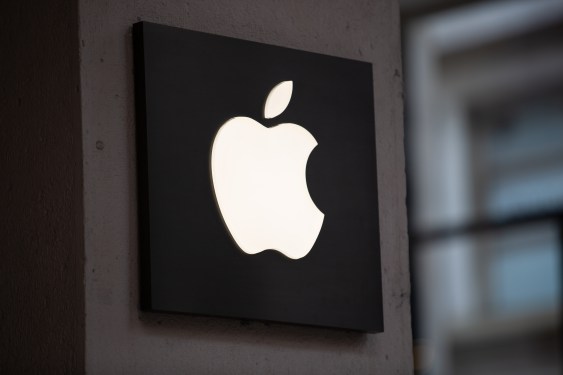Three years after its introduction, the European Union’s Digital Markets Act has aimed to curb anti-competitive behavior from major tech platforms. Its primary goal is to make it simpler for users to switch services and move their data between different devices and applications.
Apple has now publicly challenged the regulation. The company recently stated that the EU’s enforcement of the DMA is causing delays for several new features within the bloc. Apple claims the rules are creating a worse experience for its customers in the EU by exposing them to new risks and paradoxically reducing their choices.
The iPhone maker has gone so far as to call on the European Commission to repeal the DMA. It suggests the law should be suspended until a more suitable legislative instrument can be established.
Apple attributes these delays to the DMA’s requirement for interoperability with third-party devices and applications. Specific features affected include the new live translation feature for AirPods, iPhone mirroring on Macs, and the preferred routes feature in Maps. The company indicated that the list of delayed features will likely grow longer.
Apple frames the issue as a conflict between the DMA’s requirements and its commitment to user privacy. The law mandates that companies open their ecosystems to competitors, but Apple states its teams are struggling to achieve this interoperability without compromising the security of user data. The company says it has proposed changes to protect user data, but the European Commission has so far rejected these proposals.
According to Apple, the Commission has stated that under the DMA, it is illegal to release these features to Apple users until they are also made available to other companies’ products. Apple warns that sharing the features sooner could result in massive fines and a potential ban on shipping its products in the EU.
This situation follows a recent event where the EU fined Apple over half a billion dollars for breaching the DMA by restricting app developers to its own payment ecosystem. Apple has appealed that decision.
Apple further argues that the DMA’s requirements, such as allowing app installations from third-party stores, are increasing risks for users. The company believes these changes make users more vulnerable to scams, malware, and fraud.
A European Commission spokesperson responded to Apple’s statements, expressing no surprise at the company’s position. The spokesperson stated that Apple has contested the DMA from the start, which undermines its claim of wanting to cooperate. The Commission clarified that it provided guidance on how to achieve compliance with interoperability rules, but after two months, Apple asked to scrap the entire approach.
The spokesperson firmly stated that the DMA does not require companies to lower their privacy or security standards. The law’s objective is simply to give users more choice, open the European market, and allow all companies to compete on a level playing field.

